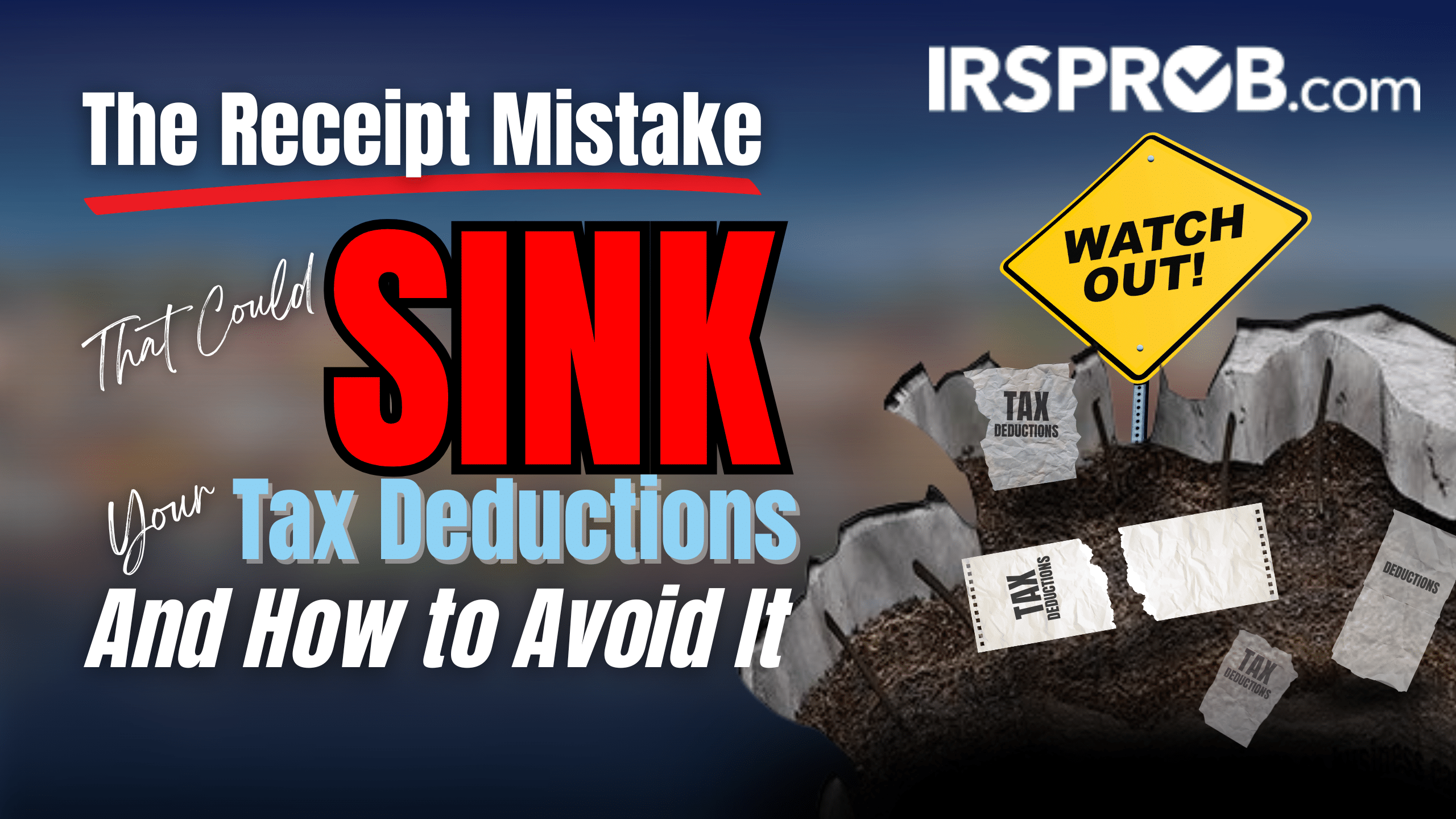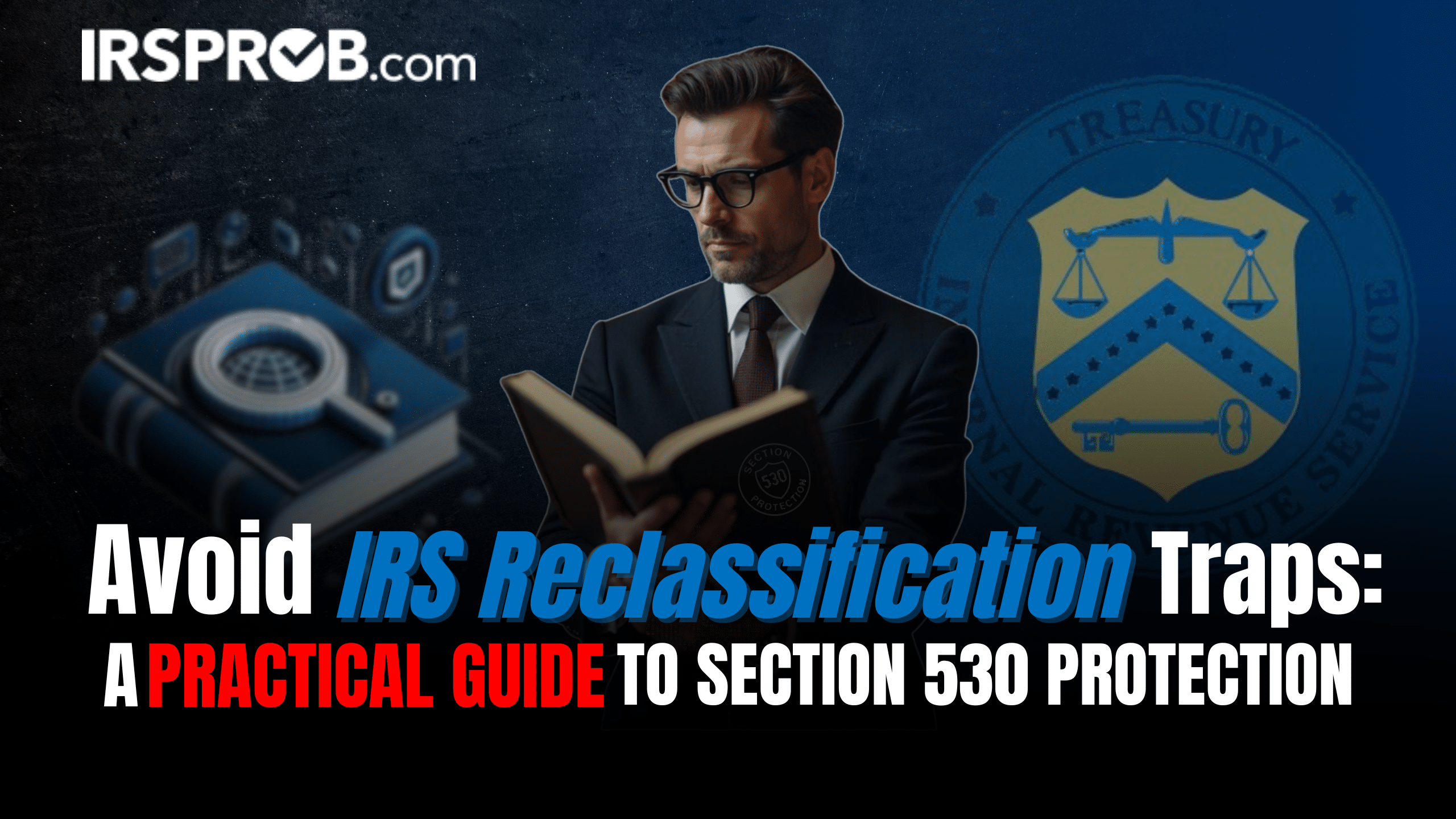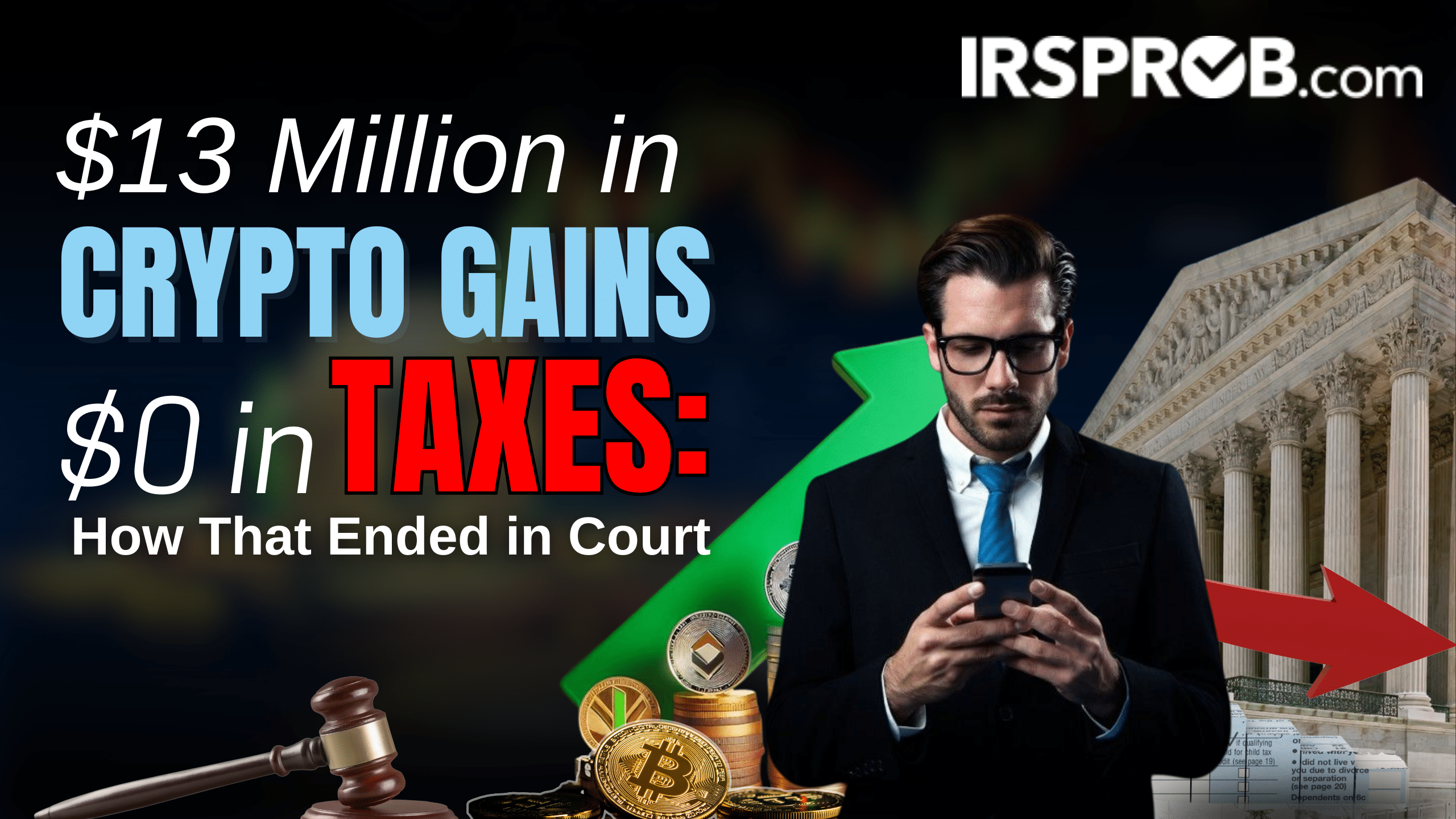
Running a business is never easy, especially when it comes to managing finances and tax obligations. One recent case sheds light on what can happen when business owners try to circumvent the tax system. Claudio Poles, a 78-year-old Boston-based plumber, learned this the hard way when his tax evasion scheme unraveled, leading to a prison sentence, hefty fines, and substantial restitution.
A Golden Scheme Gone Wrong
Poles owned a heating and plumbing business that seemed legitimate on the surface. However, instead of reporting all his business income, he opted to conceal millions by purchasing gold and silver bars. Over three years, he amassed more than $10 million in precious metals using unreported business income. These purchases were then disguised in his accounting software as routine business expenses, such as boilers and plumbing supplies. By doing this, he managed to keep this income off his tax records, reporting personal losses of approximately $75,000 from 2019 to 2022.
This misrepresentation didn’t just allow him to avoid paying taxes on substantial business income. It also put him at risk of severe legal consequences. By classifying these non-business-related purchases as operational expenses, Poles not only evaded taxes but also committed fraud.
The Consequences of Tax Evasion
When the IRS caught up with Poles, he faced more than just a slap on the wrist. He received a four-month prison sentence, was fined $200,000, and is now required to pay over $2.9 million in restitution. On top of that, he will spend a year under supervised release, and his criminal record will now reflect this conviction.
The IRS takes tax evasion seriously, and they have the resources to investigate and uncover hidden income streams. When businesses attempt to hide income or falsify expenses, the IRS often uses forensic accounting to trace the flow of funds. In this case, the unreported purchases of gold and silver raised red flags that ultimately led to Poles’ downfall.
Understanding Business Expenses: What’s Deductible and What’s Not
As a business owner, it’s essential to know what qualifies as a legitimate business expense under IRS regulations. Allowable business expenses are those considered “ordinary and necessary” for the operation of the business. For a plumbing and heating business, deductible expenses could include costs for tools, materials, and employee salaries, among other things. However, purchasing gold and silver for personal investment does not qualify.
Here are some guidelines to consider when categorizing business expenses:
- Ordinary Expenses: These are common and accepted in your trade or business. For instance, a plumber purchasing pipes and boilers would be classified as ordinary expenses.
- Necessary Expenses: These are expenses that are helpful and appropriate for your business. While they don’t have to be indispensable, they should have a clear purpose related to your business operations.
By adhering to these principles, you not only ensure compliance but also avoid drawing unwanted attention from the IRS.
Key Takeaways for Business Owners
- Always Report All Income: Regardless of how tempting it may be to underreport, declaring all income is non-negotiable. The IRS has sophisticated ways to detect underreporting, and the penalties for being caught are severe.
- Work with a Reputable Tax Preparer: Ensure that your tax preparer has a complete and accurate picture of your finances. Concealing information from your preparer can lead to incomplete returns, leaving you liable for any discrepancies.
- Categorize Expenses Properly: Misclassifying expenses can be considered tax fraud. Always make sure your business purchases are properly recorded and genuinely related to business activities.
- Seek Professional Advice: When in doubt, consult a tax professional or accountant who can guide you in navigating the complexities of business deductions and expenses. Ignorance is not an excuse in the eyes of the IRS, so it’s crucial to be informed.
Claudio Poles’ case serves as a cautionary tale. Attempting to game the system might seem like an attractive option to save money, but the consequences can be life-altering. By adhering to tax laws and maintaining transparent records, you can safeguard your business from legal trouble and focus on growth and success.









